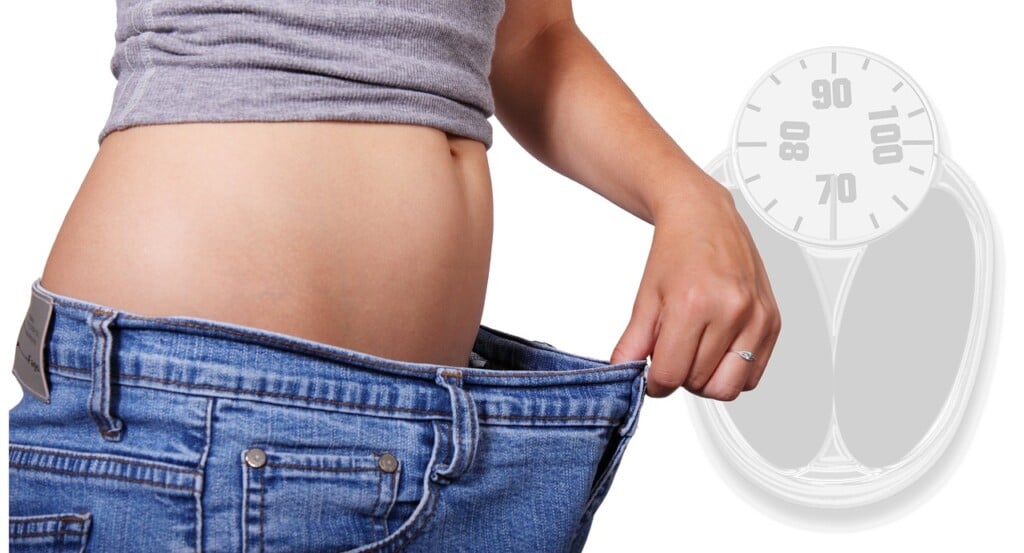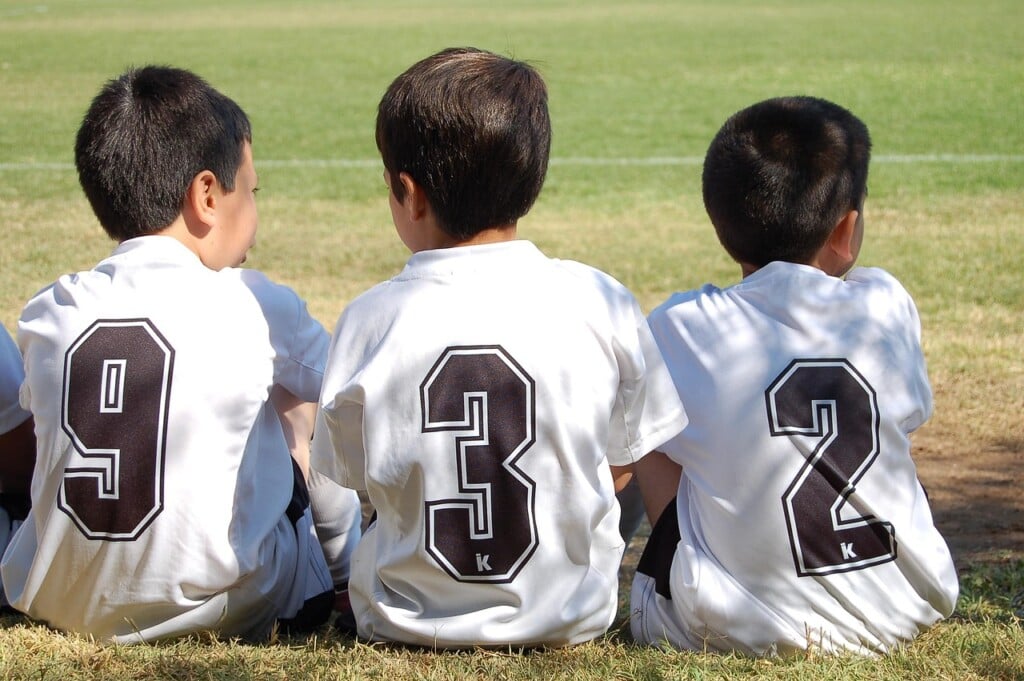Mom, Do I Look Fat?
Addressing body image with your teen

Your teen daughter is getting ready for a party with friends and seems angsty. She’s staring in the mirror, looking at herself from every angle, pulling at her clothes and visibly upset. “Mom,” she says, “Do I look fat?”
While most of us would agree that “yes” is not the correct response, it’s tough to know the right thing to say in this situation, and it’s more than a simple “no.”
Heidi Schauster, nutrition therapist and Somatic Experiencing (SE)TM Practitioner and author of the new book, Nurture: How to Raise Kids Who Love Food, Their Bodies, and Themselves, knows questions about weight, appearance, and body image are complicated. “When a teen asks, ‘Do I look fat?’, what they are really asking is, ‘Am I okay? Do I belong, or am I acceptable?’,” she says. “The body can equal self, meaning that if my body or appearance is okay, then I am okay.”
Teens and Body Image
For some teens, discomfort with their bodies stems from the changes they are experiencing from puberty. “It may take time for them to get used to their new, more mature bodies and feel confident in their appearance,” Schauster says. Other teens may feel pressure to look a certain way in real life and on social media. “Our culture can make teens feel there is something wrong with them if they don’t look a certain way or their weight doesn’t meet the criteria set by the BMI, which is a flawed and biased metric never intended to be used as a measuring stick.”
Opening Up Communication
When teens express concern over their appearance, they want their parent to take their worries seriously. An immediate response of “No” or “Of course not! You’re perfect!” can feel dismissive. A better approach is understanding why your teen is asking the question. “Try answering the question by saying, ‘When I look at you, I don’t see a fat person. I see a smart, strong, kind person with many attributes. But you are upset, so help me to understand what is not feeling good about your body today’,” Schauster says.
De-Stigmatizing the Word “Fat”
“There are many different body types, and we should be able to appreciate the diversity of bodies,” Schauster says. “Some bodies are fat. Some are thin. Some are medium-sized. Some have fat and thin places on them. But there is a stigma against fat in our society…By answering the question, ‘Do I look fat?’ with an emphatic ‘no’, you are validating the idea that ‘fat’ is a bad thing. Instead, parents need to remind young people that no one body type is better than another.”
Making Positive Body Changes
Society has conditioned us to believe that if we’re over a certain weight, we should go on a diet. But this can prompt unhealthy patterns. “Dieting as a young adult and learning to avoid certain food groups or restrict calories are what leads to yo-yo dieting and ongoing with food and body in adulthood,” Schauster says.
A better approach is to help them get more comfortable with their bodies. Suggest they take a daily walk, become more physically active as a family, or help your child find activities they like to do alone or with peers. “The goal is to create an uncomplicated relationship with fitness so the teen is doing things they want to do for their body rather than punishing themselves,” Schauster says.
Understanding “Food Noise”
Recently there’s been talk in the media about “food noise” and how weight loss drugs can quiet this. “This whole idea of ‘food noise’ is really detrimental, especially for young adults,” Schauster says. “People need to eat. It is normal to have an appetite, to get pleasure from eating and enjoy food.”
Complicating this issue further is the trend of posting photos of the food you eat (#foodporn), which sends mixed signals. Kids think, These influencers can eat burgers and sundaes and be thin, why can’t I? What’s wrong with me? “This practice of posting food is toxic,” Schauster says. “The images are highly curated and don’t tell a full story. You don’t know how the person ate the rest of the day or whether they have a dangerous eating disorder.”
Just like with fitness, parents need to help their children develop an uncomplicated relationship with food. Serve balanced meals and have healthy foods available. At the same time, don’t restrict certain food groups or create shame around eating. “Restricting or demonizing whole foods groups such as carbs or sugary treats increases the charge of these foods,” Schauster says. “By neutralizing the foods, making them acceptable, we lower the charge.”
Speaking With a Professional
If your teen expresses concern about their weight or you see them develop unhealthy patterns like over-exercising or restricting food, speak with a professional. Therapists, pediatricians, and nutritionists can aid parents in helping teens develop a better relationship with food, movement, and their sense of self.
It’s important to be proactive if you notice any issues arise because teens can go to extreme measures. Studies show that 13% of adolescents (both female and male) will develop an eating disorder by age 20. Parents need to understand eating disorder risks and symptoms, as well as provide young people with a safe, supportive, non-judgmental space to communicate their concerns.
Modeling Healthy Habits
Kids are always watching their parents, so it’s essential to be aware of the messages we send about food and body image. “If Mom is negative about her own body or restricts certain food groups, children and teens are going to take notice,” Schauster says. “You don’t have to love every part of your body, but you want to accept it, respect it, and take care of it so your child will do the same.”
RANDI MAZZELLA is a freelance writer specializing in parenting, teen issues, mental health, and wellness. She is a wife and mother of three children. To read more of her work, visit www.randimazella.com.









